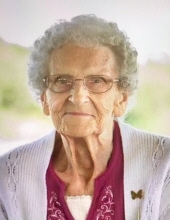


But secret rebels, like Joyce and her classmate Elise Cowen, refused to accept things as they were.Īs a teenager, Johnson stole down to Greenwich Village to sing folksongs in Washington Square. Attitudes like that were not at all unusual at a time when “good” women didn’t leave home or have sex before they married even those who broke the rules could merely expect to be minor characters in the dramas played by men. In 1954, Joyce Johnson’s Barnard professor told his class that most women could never have the kinds of experiences that would be worth writing about. “Among the great American literary memoirs of the past century.a riveting portrait of an era.Johnson captures this period with deep clarity and moving insight.” (Dwight Garner, The New York Times ) Winner of the National Book Critics Circle Award

Named one of the 50 best memoirs of the past 50 years by The New York Times


 0 kommentar(er)
0 kommentar(er)
